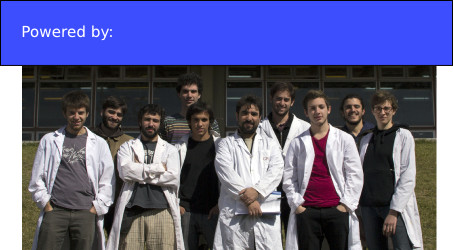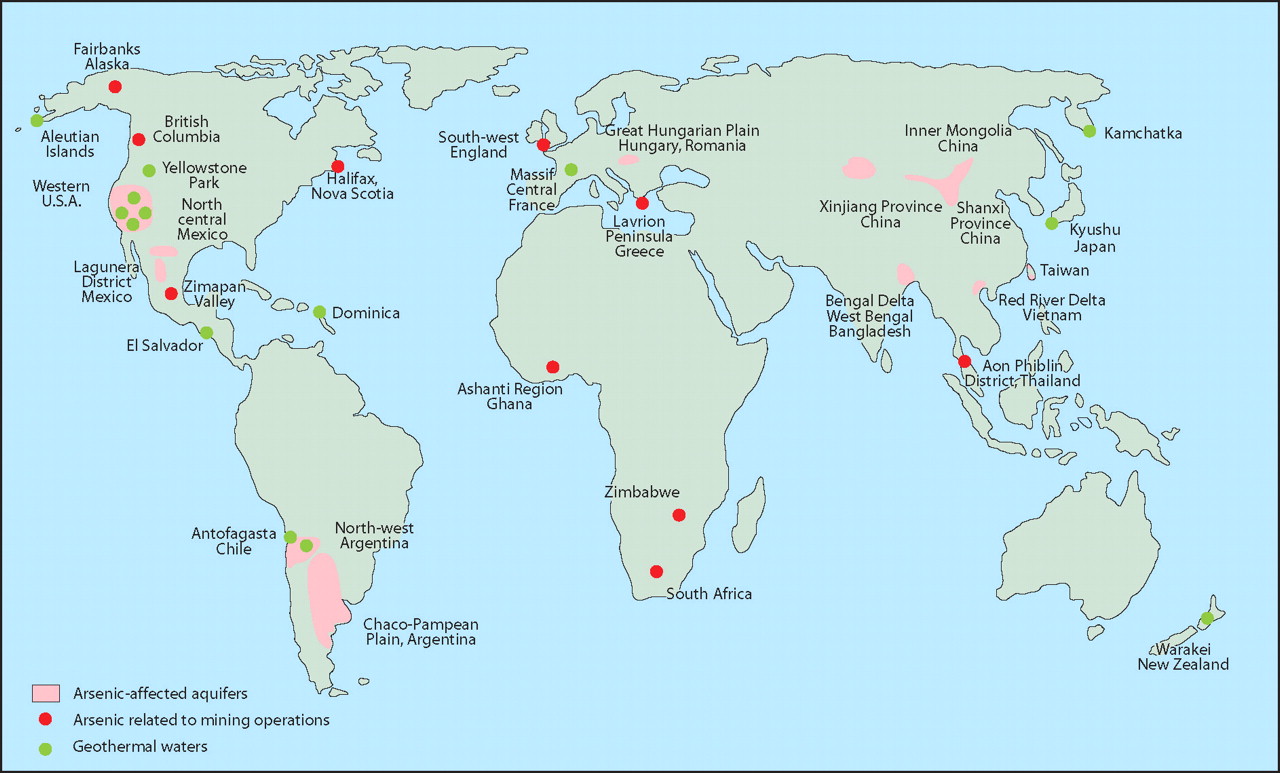Team:Buenos Aires/ summary
From 2013.igem.org
(→The Project) |
(→The Project) |
||
| Line 4: | Line 4: | ||
= To Drink Or Not To Drink = | = To Drink Or Not To Drink = | ||
| - | |||
| - | |||
| - | |||
| - | |||
| - | |||
'''Contamination''' is a mayor and continuously growing worldwide problem. As only 2.5% of the water is available for human consumption and just 1% of it supplies ecosystems and human populations, contamination in natural springs is a key issue to be addressed. | '''Contamination''' is a mayor and continuously growing worldwide problem. As only 2.5% of the water is available for human consumption and just 1% of it supplies ecosystems and human populations, contamination in natural springs is a key issue to be addressed. | ||
Revision as of 02:04, 25 September 2013
To Drink Or Not To Drink
Contamination is a mayor and continuously growing worldwide problem. As only 2.5% of the water is available for human consumption and just 1% of it supplies ecosystems and human populations, contamination in natural springs is a key issue to be addressed.
At present, the spatial and temporal quantification of contaminants is limited by the difficulty in processing samples, remoteness of some of the locations and its associated costs. Moreover, the lack of centralization and systematization of data makes it very difficult to obtain information. Our central goal is to help solve this situation, so we thought of a biosensor that is cheap and easy to use by people without previous training or equipment.
| File:Howworks.gif | 
|
Arsenic is naturally present in soil and ground water in certain regions. Argentina, the United States, Bangladesh and Chile are on the top of the list of countries with high natural arsenic concentration in ground water of certain zones. Population without access to treated water living in these areas is exposed to Arsenic consumption. This derives in certain health complications such as skin lesions, skin, lung and bladder cancer, and gastro-intestinal and pulmonary disorders.
 "
"
